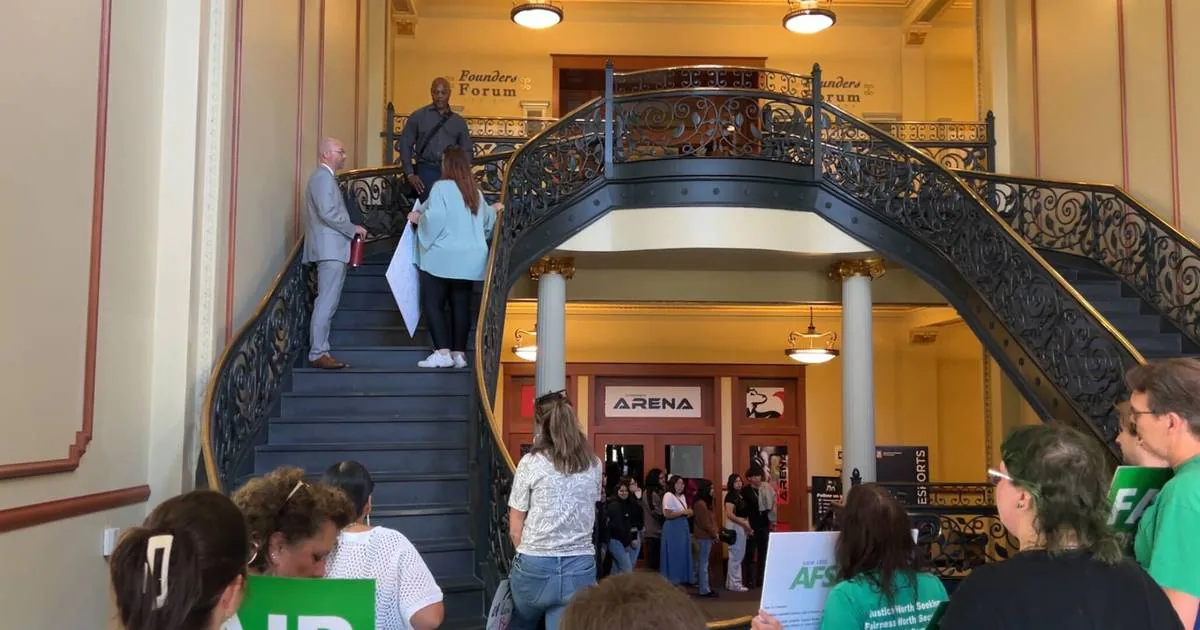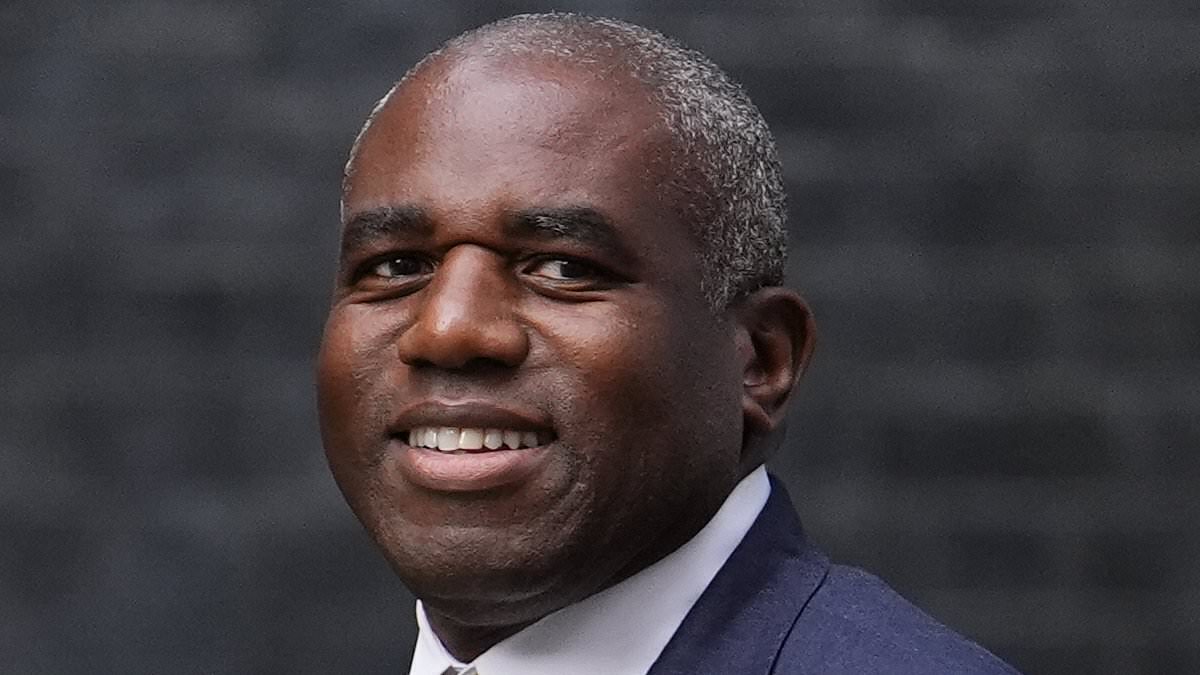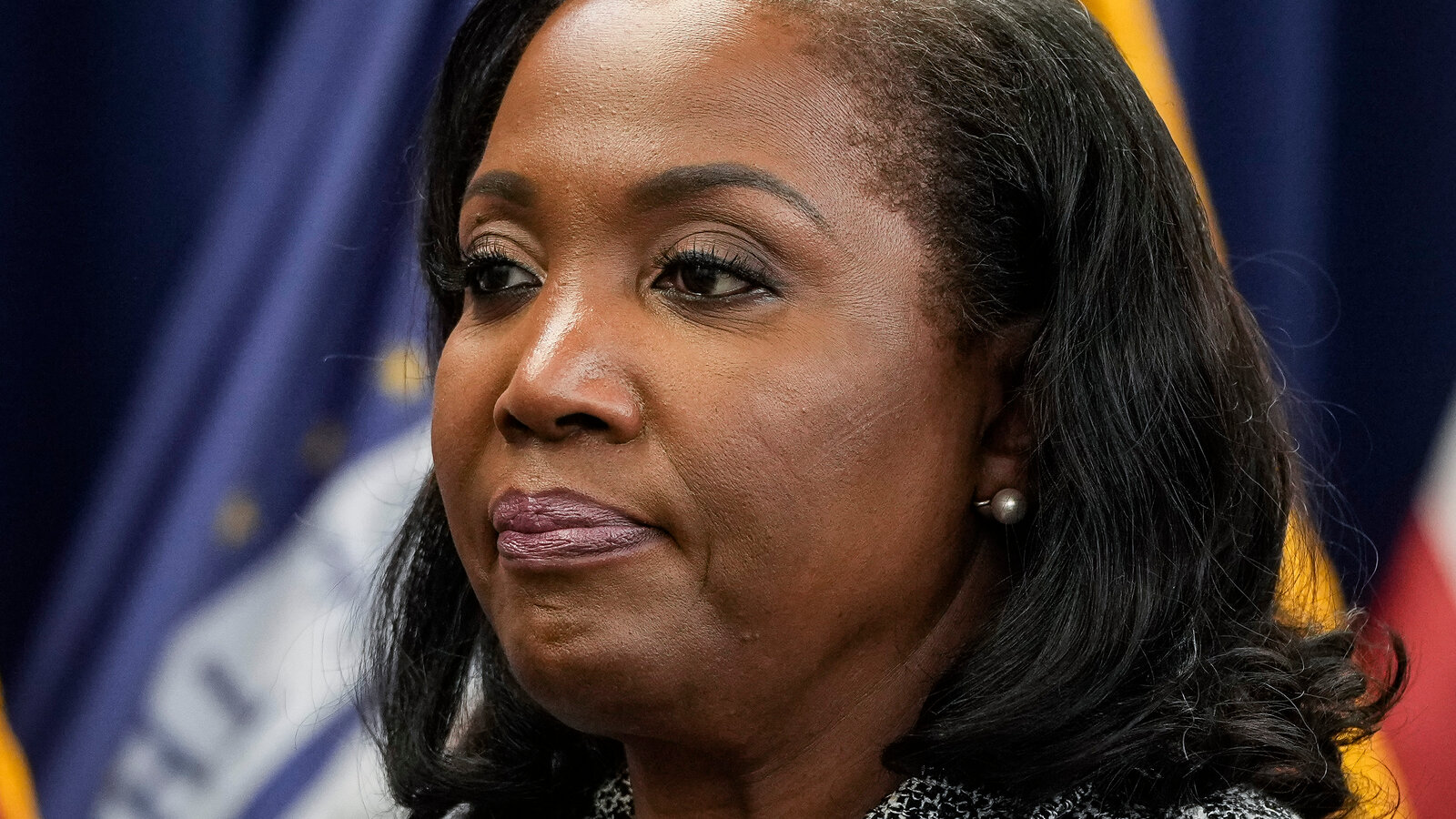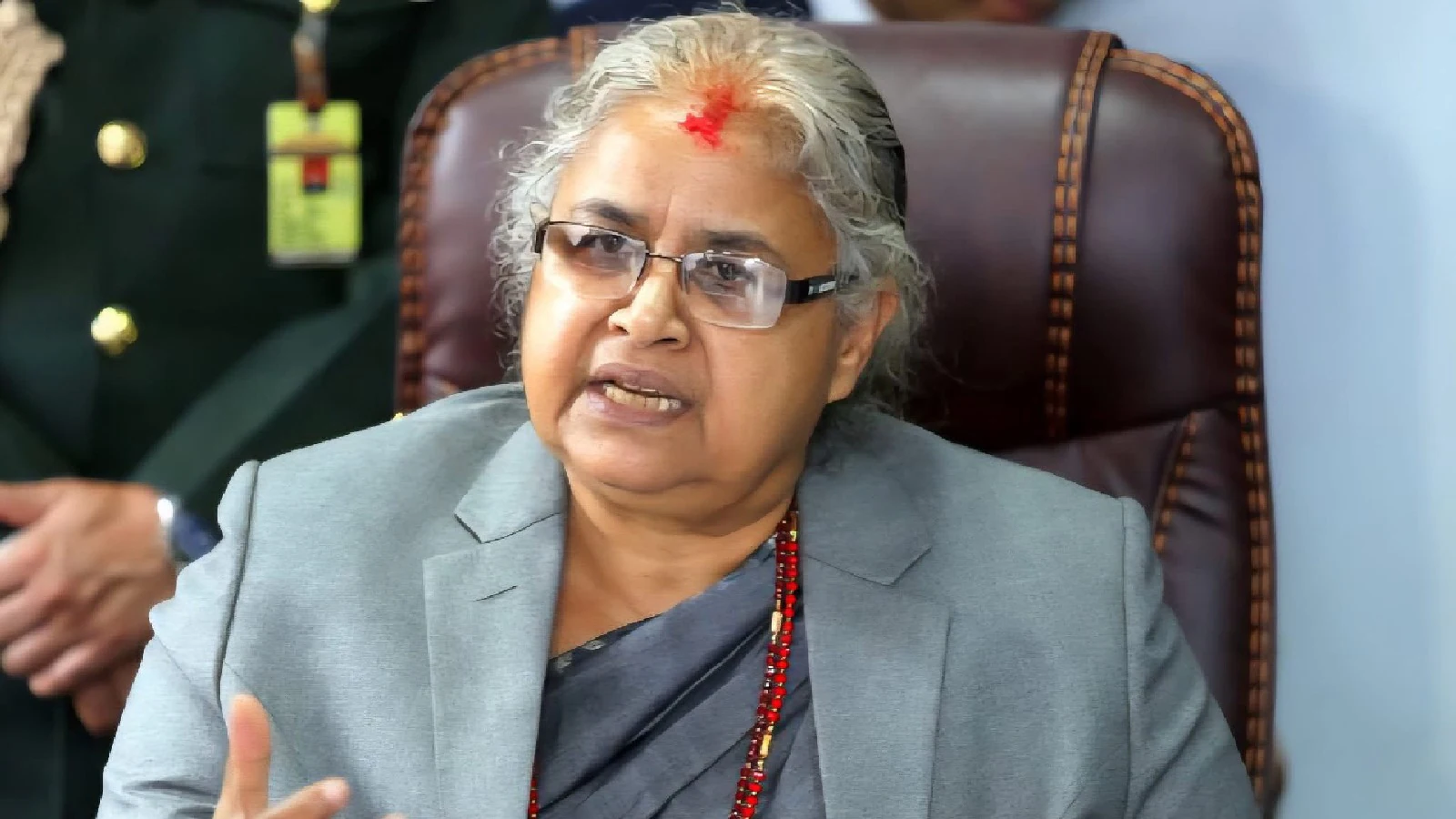
I’ve been trying to process the news of Charlie Kirk’s assassination in Utah, and the more I sit with it, the harder it is to separate the personal tragedy from the bigger picture. Kirk was a controversial figure, but no matter where you stood on him, his killing should force all of us to stop and ask: How did we get here?
This wasn’t just the death of one man. It was the explosion of a culture that has been building for years — a culture where polarization corrodes our ability to see one another as human and where media systems amplify every spark into a firestorm. Unless we face these realities, Kirk won’t be the last casualty.
For years, political speech in America has been drifting into darker territory. Opponents aren’t just wrong anymore — they’re painted as traitors or existential threats. And once you start seeing your neighbor not just as misguided but as dangerous, anything, even violence, can feel justified.
No single statement “caused” Kirk’s assassination. But politicians who score points by demonizing, pundits who profit off outrage and citizens who spread toxic narratives online all contribute to a climate where violence becomes easier to imagine.
We like to say words are harmless, but they create the atmosphere where extremism takes root. Keep calling opponents monsters, and eventually someone decides monsters should be destroyed.
It would be comforting to think of this assassination as an isolated act, but it isn’t.
Political violence has been creeping closer to the center of American life for more than a decade.
What makes today different is the depth of the divide. We’re not just arguing about policy — we’re living in separate realities. Each side sees itself as defending the nation from annihilation, and the other side not as a rival but as an enemy.
When you stop recognizing opponents as fellow citizens, assassination can start to look, in a twisted mind, like justice. That’s the endpoint of unchecked polarization: politics not as debate, but as war.
The speed at which Kirk’s death became content was almost as shocking as the assassination itself. Within minutes, photos and hashtags flooded social media. Some mourned, others mocked, and still others spun conspiracy theories. By the end of the day, the tragedy had already been absorbed into the machinery of outrage.
This is how our media ecosystem works now: nothing is just an event anymore. Everything is instantly weaponized. A killing becomes a meme. A moment of mourning becomes a fundraising email.
Platforms are built to amplify anger. Outrage travels faster than compassion, and so the assassination risks becoming less a moment of reflection than just more fuel for the culture war.
Charlie Kirk was polarizing. You may have admired him or you may have hated him. But his assassination forces us to ask whether we still believe in democracy’s basic principle: that disputes are settled with words, ballots and institutions, not weapons.
Political assassination is not just the killing of a person — it’s an attack on the idea of democracy itself. If we start to accept it as normal, or worse, celebrate it when it happens to someone we dislike, then we’ve already surrendered something essential.
There is a line here that cannot be crossed. However heated our disagreements, every citizen must have the right to speak, to organize, to argue without fear of being killed for it. Lose that, and we lose the foundation of our civic life.
Kirk’s death will be remembered through the lens of his legacy. But it should also be remembered as a mirror held up to all of us.
We’ve built a culture where rhetoric escalates endlessly, polarization hardens every division, media amplifies the ugliest voices and moral guardrails weaken. That culture made this tragedy possible.
The choice now is whether we let it push us further into hatred, or whether we take it as a wake-up call. To say: enough. We cannot keep living like this.
Because if we don’t change course, Charlie Kirk will not be the last name we mourn. And the next one could belong to someone you admire, someone I admire, or someone we love.
Berlin is a senior at The Bishop’s School.



